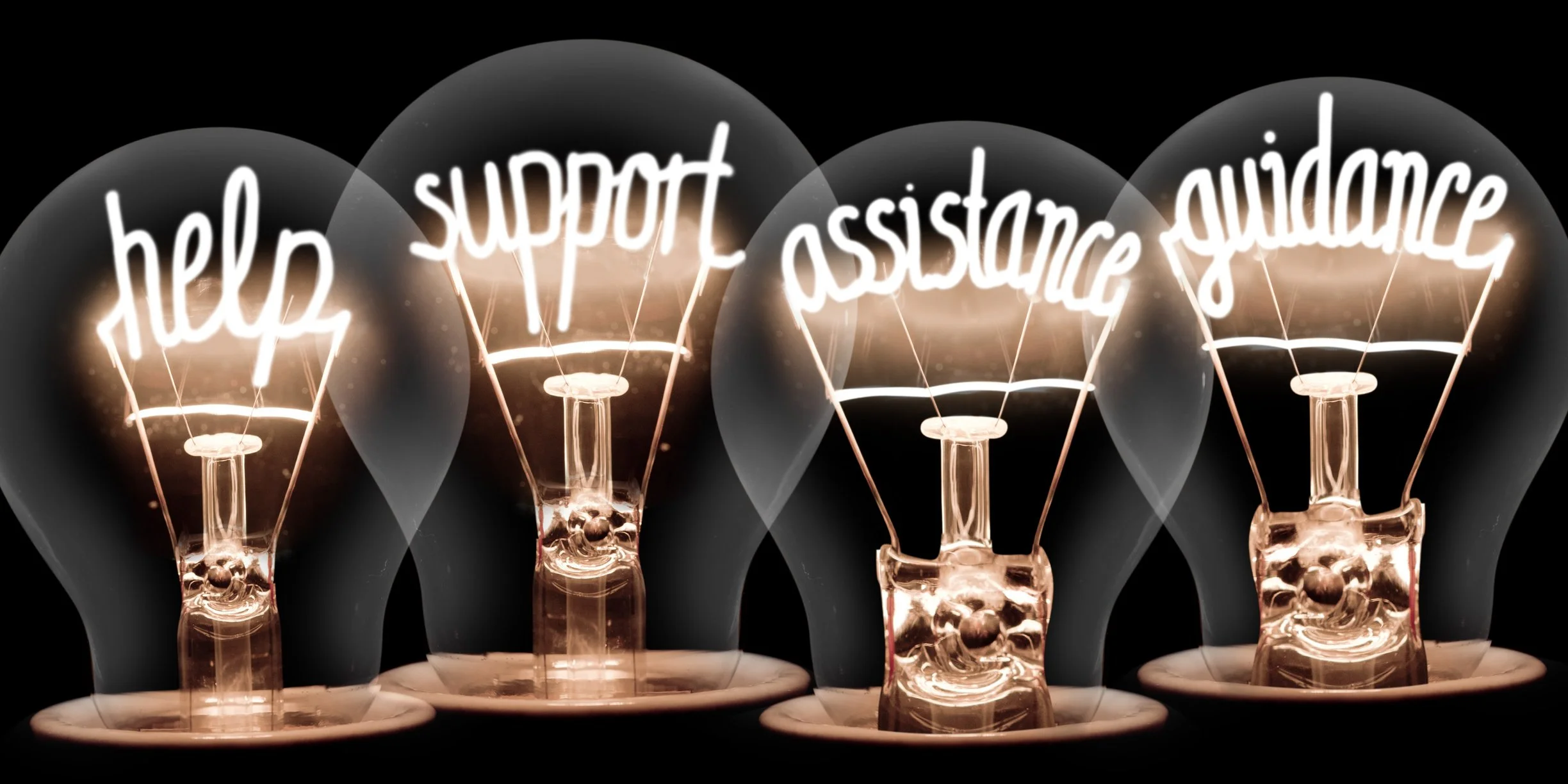Want To Play a Game?
Fun fact, I love playing games and I’m SUPER competitive. So competitive, that my loved ones don’t jump at the chance to engage in boardgames with me.
I’m pretty sure it’s my over-the-top excitement that happens when I defeat everyone in sweet victory. I’m talking hands in the air celebration with a loud, I’m the winner! It can be a turn-off for some, which I can understand, yet I’ve learned to accept and love this not so pretty trait about myself.
So, in honor of acceptance, I want to address a parenting truth.
Truth One: Parents often engage in the practice of self-inflicted guilt.
It’s that automatic habit that’s so ingrained in parents and one that keeps them on the wheel of endless parenting shame.
It happens so quickly and naturally that you don’t even know that you’re headed straight into a spiral of negative thoughts. One negative thought leads to another negative thought, and that second thought leads to a series of negative thoughts, and so on…
For example, something happens in current time. Maybe, it’s a big behavior, a series of poor choices, or an over-the-top verbalization by your teen. A familiar context for anger or any other distressing emotion takes form and bubbles up. And before you know it, your mind is in rewind looking at an earlier time in your parenting history.
You start to reminisce of a time when your teen was younger and you ask yourself,
What happened, they used to be so…
Helpful Parenting Tip
My teen is, and they still are
(1) FILL IN THE BLANK
They used to be so _________________________________.
Examples could include, sweet, polite, fun to be around, much nicer to me, etc.
The fill in the blank portion of this statement changes over time, yet there’s an imbalance that remains consistent. The imbalance comes from the perspective of how the parent views the child, typically as more innocent or naive, per history, and now, the teen has completely lost these traits.
Suddenly, this previous trait is extinct because there’s a permanency that comes with the words used to.
This type of thinking is often tied to two cognitive distortions, specifically catastrophizing and all-or-nothing thinking.
Cognitive distortions are negative thought patterns that influence how an individual thinks, and impact mental health and one’s well-being. To gain a deeper understanding of how therapy can help address these patterns, consider reading What is Therapy Really Like?.
Catastrophic thinking is when we focus on the worst possible outcome of a situation
All-or-Nothing thinking observes situations as absolute or in polarized ways. When we are thinking in all-or-nothing terms, there isn’t room for the in-between; things are either good or bad, black or white, or everything or nothing.
(2) TAKE INVENTORY
Make a list of more recent moments when you have observed your teen embodying the trait or characteristic that you filled in under part 1. Then, re-write the sentence in the here-and-now.
Example, My teen is polite, and I see this when they say thank you at restaurants.
This exercise can be tied to positive psychology, which emphasizes the importance of focusing on strengths and positive attributes rather than deficits, or weaknesses. Instead of getting stuck in the past, we give ourselves an opportunity to recognize the positive shifts happening in the present moment.
Once you’ve had some practice, think about how this parenting truth resonates with you. Through recognizing and reframing your thoughts, you’re developing the courage to step off the wheel of parenting shame and change the parenting game; making it a win-win for both caregivers and teens.


